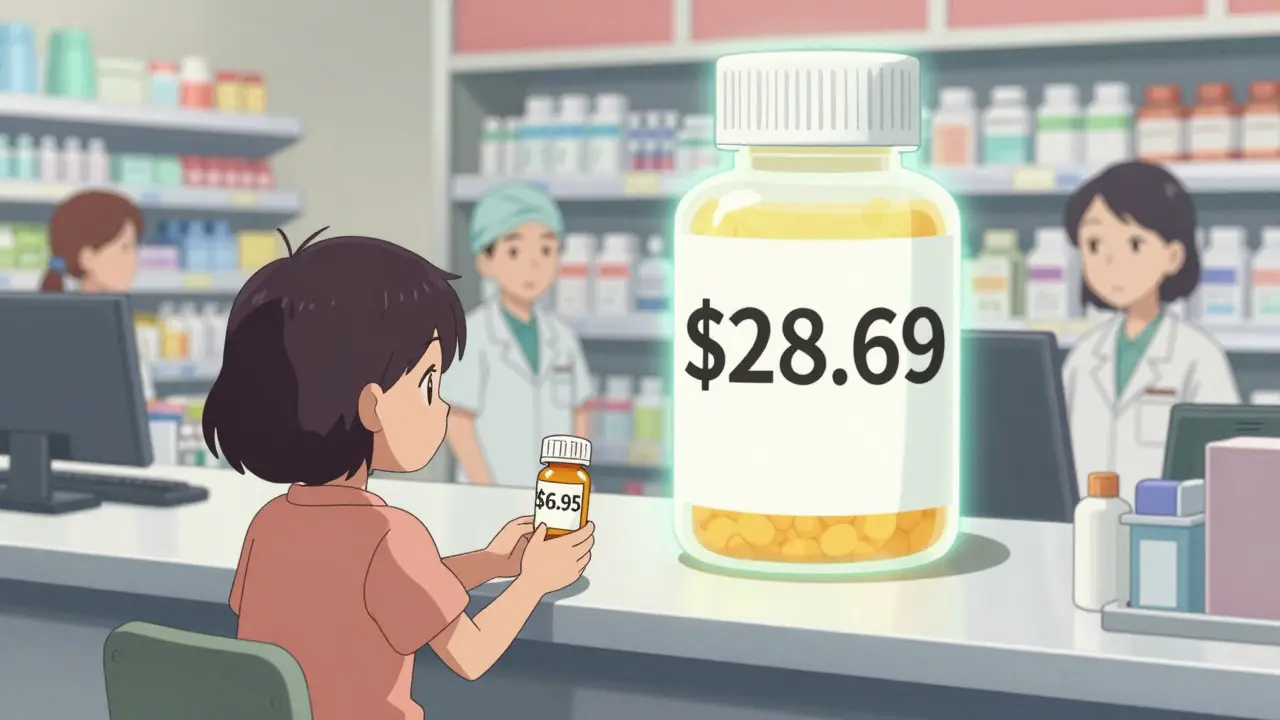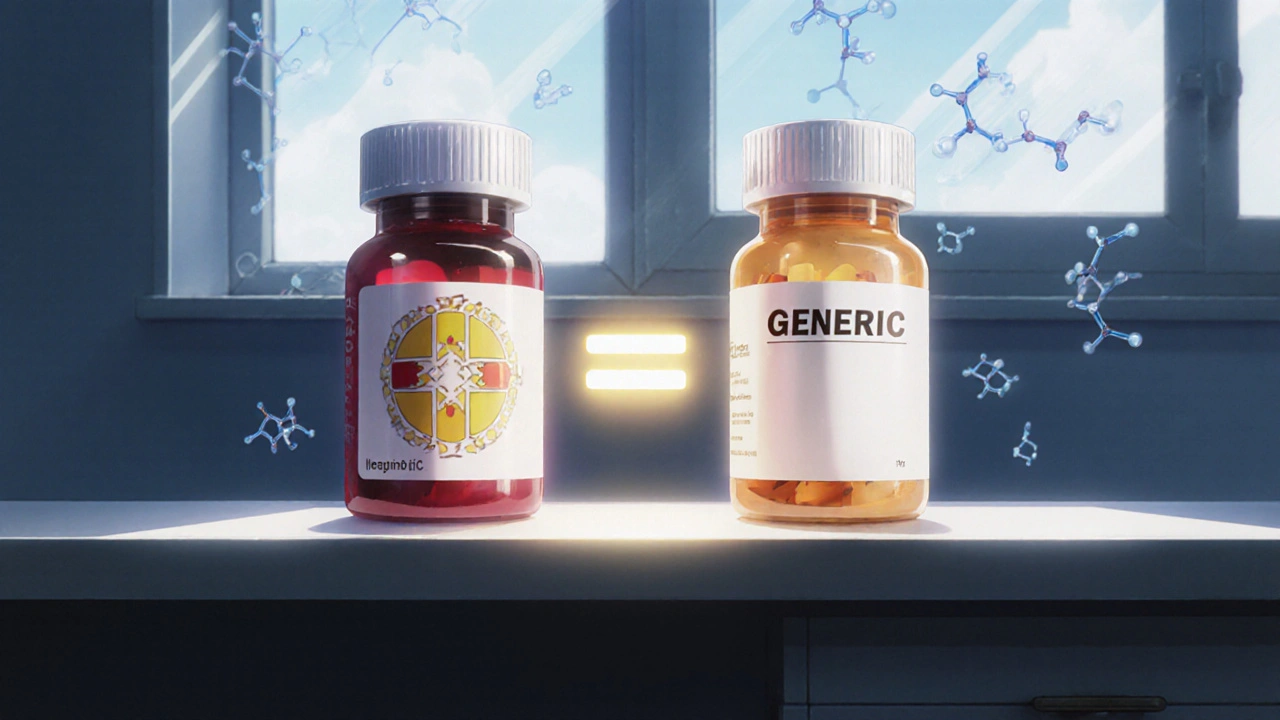Generic vs Brand Medications: What You Really Need to Know
When you pick up a prescription, you might see two options: a familiar brand name or a cheaper generic version. Generic drugs, medications that contain the same active ingredient, dose, and route of delivery as their brand-name counterparts. Also known as non-brand drugs, they are required by the FDA to meet the same strict standards for safety, strength, and quality—no shortcuts allowed. The big difference? Price. Generic versions often cost 80% less because they don’t pay for advertising, fancy packaging, or the original research. But here’s the thing: they’re not knockoffs. They’re exact copies in every way that matters to your health.
Some people worry that generics work slower or aren’t as effective. That’s a myth. The FDA demands that generics deliver the same amount of active ingredient into your bloodstream at the same rate as the brand name. If a generic drug for warfarin or escitalopram didn’t match the brand’s performance, it wouldn’t be approved. In fact, many hospitals and insurance plans push generics because they’ve been proven safe and effective in millions of patients over decades. Even specialty drugs—like those used for rare conditions—are now available as generics, and providers manage them with the same care as branded versions.
There are exceptions, of course. Some drugs have narrow therapeutic windows, meaning tiny changes in dosage can cause big effects. That’s why your doctor might stick with a brand for certain medications, like levodopa for Parkinson’s or Tolvaptan for hyponatremia. But even then, it’s not because generics are inferior—it’s because the body’s response needs to be ultra-consistent. And when it comes to labeling, the FDA requires generic drug labels to match brand labels exactly, down to the warnings and side effects. The only differences you’ll see are in the inactive ingredients—fillers, dyes, or coatings—which rarely affect how the drug works.
You don’t need to pay more to get the same result. The truth is, most people can switch to generics without any trade-off in effectiveness. In fact, the same pills you get at the pharmacy might be made in the same factory as the brand name—just under a different label. What you’re really paying for with brand names is marketing, not medicine. And if you’ve ever wondered why your doctor didn’t mention generics, it’s often because they assume you know the options. You don’t have to guess. Check your prescription, ask your pharmacist, and compare prices. You might save hundreds a year—and still get the exact same treatment.
Below, you’ll find real-world comparisons and deep dives into specific drugs where generic vs brand choices matter—from thyroid meds to antidepressants, antibiotics to weight-loss pills. These aren’t theory pieces. They’re practical guides based on what patients actually experience, what studies show, and what the rules really say. Whether you’re managing Parkinson’s, trying to conceive, or just trying to cut costs, you’ll find clear answers here—no jargon, no fluff, just what you need to know.

Generic Drug Savings: Real Numbers and Healthcare Statistics
Generic drugs save Americans billions annually, making up 90% of prescriptions but only 12% of drug spending. Learn the real numbers behind the savings, how biosimilars are changing the game, and what you can do to cut your prescription costs today.
More Detail
Generic Drugs vs. Brand-Name Medications: What You Really Need to Know
Generic drugs save patients up to 85% on medication costs and are just as effective as brand-name versions for most conditions. Learn when generics work, when to be cautious, and how to make smart choices with your prescriptions.
More Detail